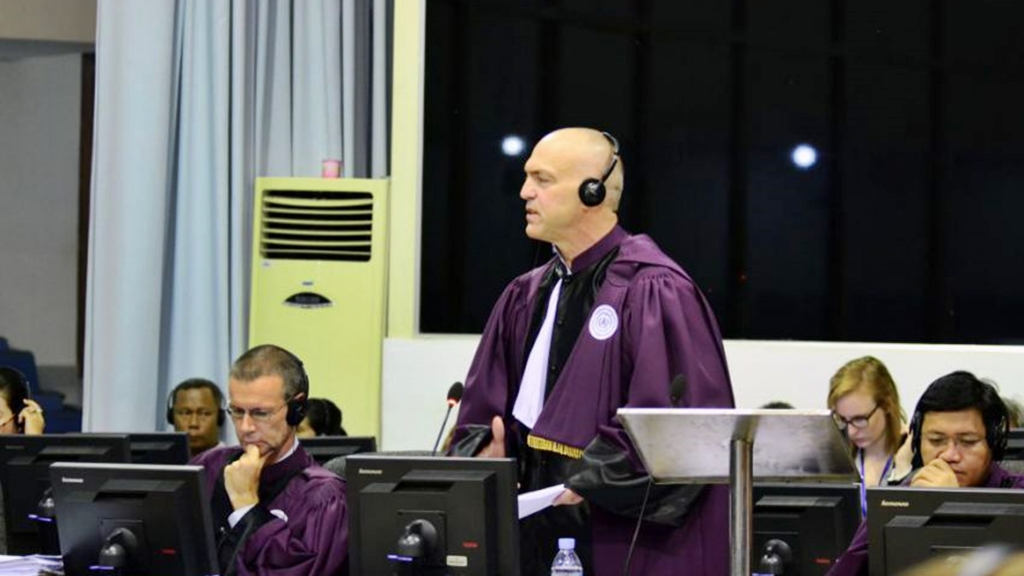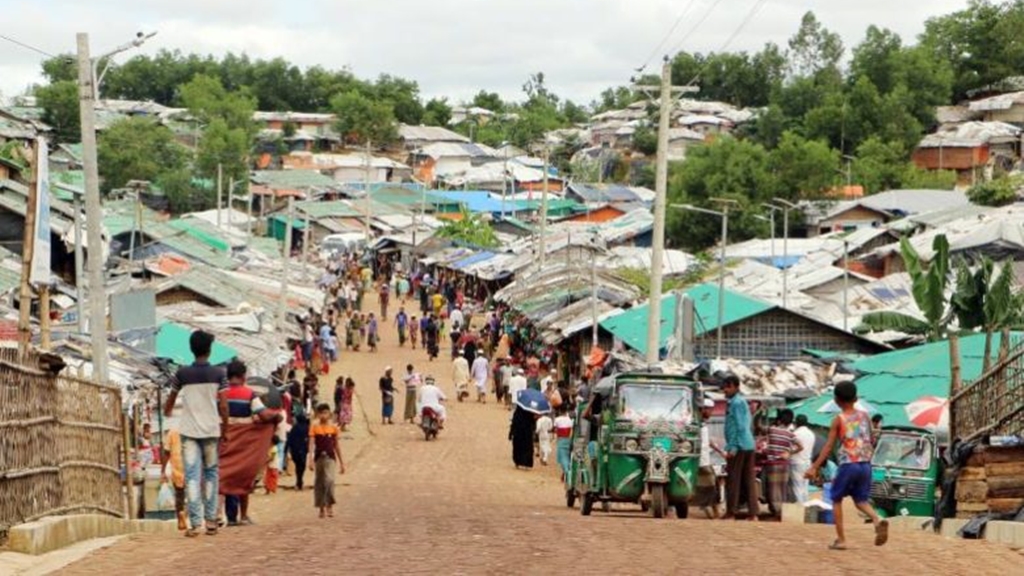
‘Rohingya return to Myanmar depends on accountability of perpetrators’
- 10/09/2019
- 0
Says Independent Investigative Mechanism for Myanmar
The voluntary and sustainable return of the Rohingya refugees to Myanmar will depend partly on a process of accountability for those most responsible for the crimes that uprooted them from their homes, said the Independent Investigative Mechanism for Myanmar (IIMM).
In its first report submitted to the 42nd session of the UN Human Rights Council on Monday, IIMM’s head Nicholas Koumjian said that each day passes without accountability for international crimes brings concomitant sufferings for the hundreds of thousands of stranded in makeshift refugee camps outside Myanmar, and hoping and waiting to be able to safely return to their homes.
“Few are likely to seek to return to a place where those that perpetrated serious crimes against them, or their families, still reside with impunity and retain the means or authority to inflict further harm,” he said.
Over 743,000 Rohingya fled Myanmar amid military crackdown in Rakhine state, which was termed by the UN Fact-Finding Mission as having “genocidal intent”.
The IIMM was established by the UN Human Rights Council to collect, consolidate, preserve and analyse the evidence of the most serious international crimes and violations of international law committed in Myanmar since 2011.
It is also mandated to prepare files in order to facilitate and expedite fair and independent criminal proceedings in accordance with international law standards in national, regional or international courts or tribunals that have or may in the future have jurisdiction over the crimes.
IIMM Head Nicholas Koumjian, who officially began his functions in Geneva on July 1 this year, focused on putting in place a broad strategy and concept of operations for the mechanism so that it be operational as soon as possible.
Koumjian said IIMM will engage with the states, regional and inter-governmental organizations, UN entities, civil society and other stakeholders to obtain further evidence of crimes and other relevant information and documentation pertaining to its mandate.
“It is essential to convery to the public that the Mechanism is concerned with all serious international crimes committed in Myanmar regardless of the race, ethnicity, nationality, religion or political affiliation of either the perpetrators or the victims of such crimes,” Nicholas Koumjian said.
The files prepared by the IIMM will not expire and will remain available for use in criminal proceedings in any national, regional or international courts or tribunals, no matter how much time has passed, he added.






